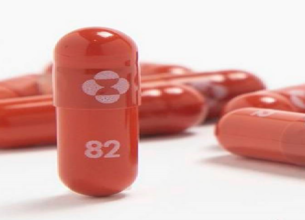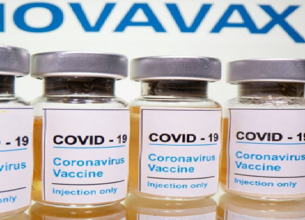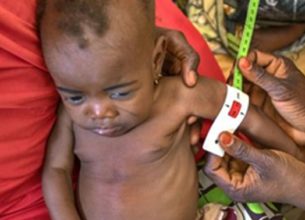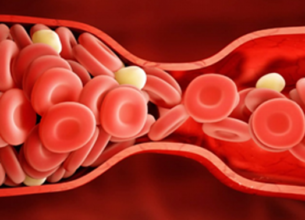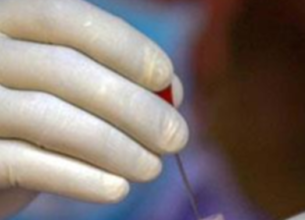ICMR RECOMMENDATIONS AND CAUTIONS OVER USE OF HYDROXY-CHLOROQUINE
25, Mar 2020
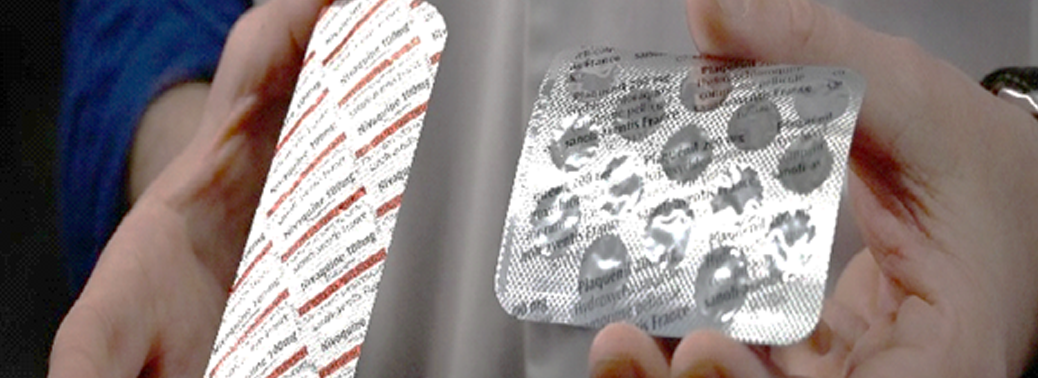
Prelims level : Medicine and Pharmaceuticals
Mains level : GS-II Issues relating to development and management of Social Sector or Services relating to Health, Education, Human Resources.
Why in News?
- The National Task force for COVID-19, constituted by the Indian Council of Medical Research (ICMR), has suggested the use of hydroxy-chloroquine to contain the spread of SARS-CoV-2 (Coronavirus) for restricted populations.
About ICMR:
- Indian Council of Medical Research (ICMR) is the apex body in India for the formulation, coordination and promotion of biomedical research.
- Its mandate is to conduct, coordinate and implement medical research for the benefit of the Society; translating medical innovations into products/processes and introducing them into the public health system.
- It is funded by the Government of India through the Department of Health Research, Ministry of Health & Family Welfare.
What is Hydroxy-chloroquine?
- Hydroxy-chloroquine (not to be confused with anti-malaria drug chloroquine) is an oral drug used in the treatment of autoimmune diseases such as rheumatoid arthritis.
- Autoimmune diseases are in which the body’s immune system attacks healthy cells.
- Rheumatoid arthritis is a chronic inflammatory disorder affecting many joints, including those in the hands and feet.
Hydroxy-chloroquine against COVID-19:
- The drug shows antiviral activity in vitro against coronaviruses, and specifically, SARS-CoV-2 [the virus that causes COVID-19].
- Further, the study suggests that prophylaxis (treatment given to prevent disease) with hydroxy-chloroquine at approved doses could prevent SARS-CoV-2 infection and may help to improve viral shedding.
- Clinical trials are under way in China to know whether the drug can be used for treatment.
Combination of Hydroxy-chloroquine with Other Drugs:
Hydroxy-chloroquine and Chloroquine:
- A study suggests that both hydroxy-chloroquine and chloroquine have in vitro activity against SARS-CoV, SARS-CoV-2, and other coronaviruses, with hydroxy-chloroquine having higher potency against SARS-CoV-2.
- In vitro studies are performed with microorganisms, cells, or biological molecules outside their normal biological context (such as in a test tube).
- In contrast to in vitro experiments, in vivo studies are those conducted in living organisms, including humans, and whole plants.
Hydroxy-chloroquine with Azithromycin:
- The combination of hydroxy-chloroquine with azithromycin is a commonly used antibiotic.
- The combination is expected to be efficient for virus elimination.
ICMR Recommendations on use of Hydroxy-chloroquine:
- The restricted population for usage of hydroxy-chloroquine include, namely, ‘Asymptomatic (showing no symptoms) Healthcare Workers’ and ‘Asymptomatic household contacts’ of laboratory-confirmed cases.
- The above mentioned population have been advised to use the hydroxy-chloroquine to contain further spread of the pandemic.
- However, the drug is not recommended as a preventive healthcare in children under 15 years of age.
- ICMR also advised that placing healthcare workers under hydroxy-chloroquine treatment should not instill a sense of false security and they need to follow all prescribed public health measures such as frequent washing of hands, respiratory etiquettes, keeping a distance of minimum one metre and use of personal protective equipment, etc.
Cautions over the Drug:
- ICMR cautioned the general public against the unrestricted use of the drug, stating that “it is still at experimental stage and is not recommended for public use.”
- Hydroxy-chloroquine is recommended only for a healthcare worker who is treating a COVID-19 patient.
- Secondly, it’s recommended only for persons staying with and caring for a household patient who has been tested positive. They can take that only for prophylaxis — only for prevention.
- “The recommendation is for empirical use of the drug based on available evidence and is restricted for use by only two categories of people and under strict supervision of a doctor.
How ICMR approved the Drug?
- None of the drug approving agencies across the world, including the FDA, has cleared the drug for prophylaxis or for treating COVID-19 patients which ICMR has done.
- The available evidence of the efficacy of the drug is a small study by French researchers involving 26 COVID-19 patients. The study found “significant” reduction in viral load in over half the number of patients at end of six days of therapy.
- As the trial showed significant reduction, the results were published on March 17 in the International Journal of Antimicrobial Agents even before the 14-day follow-up was completed.
- When there is no other drug available, and when the virus is highly contagious, it is best to use if there is some benefit. The same logic applies for other diseases where there are no medicines available. ICMR too applied the same logic in usage of this drug.






